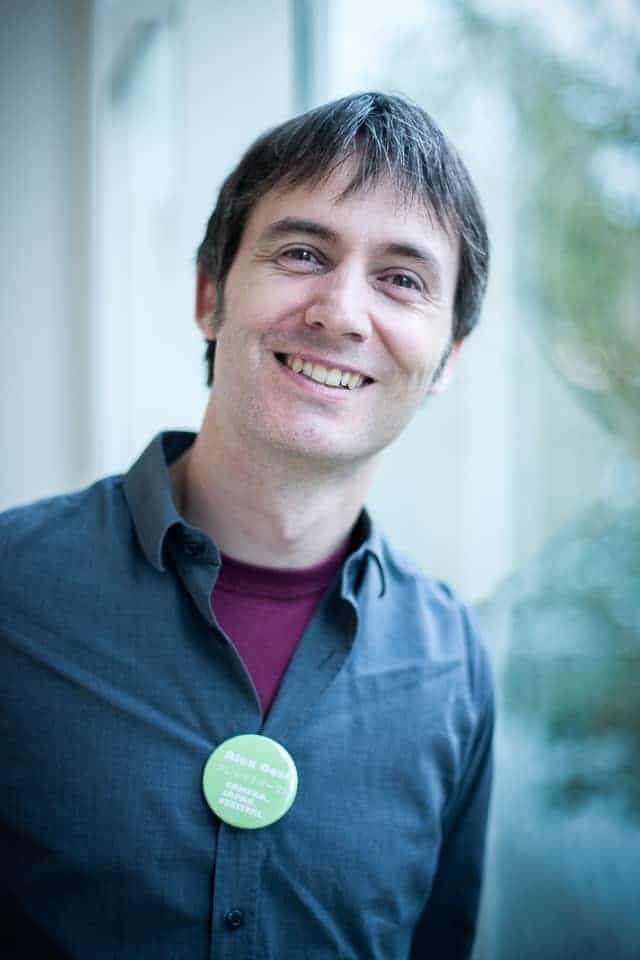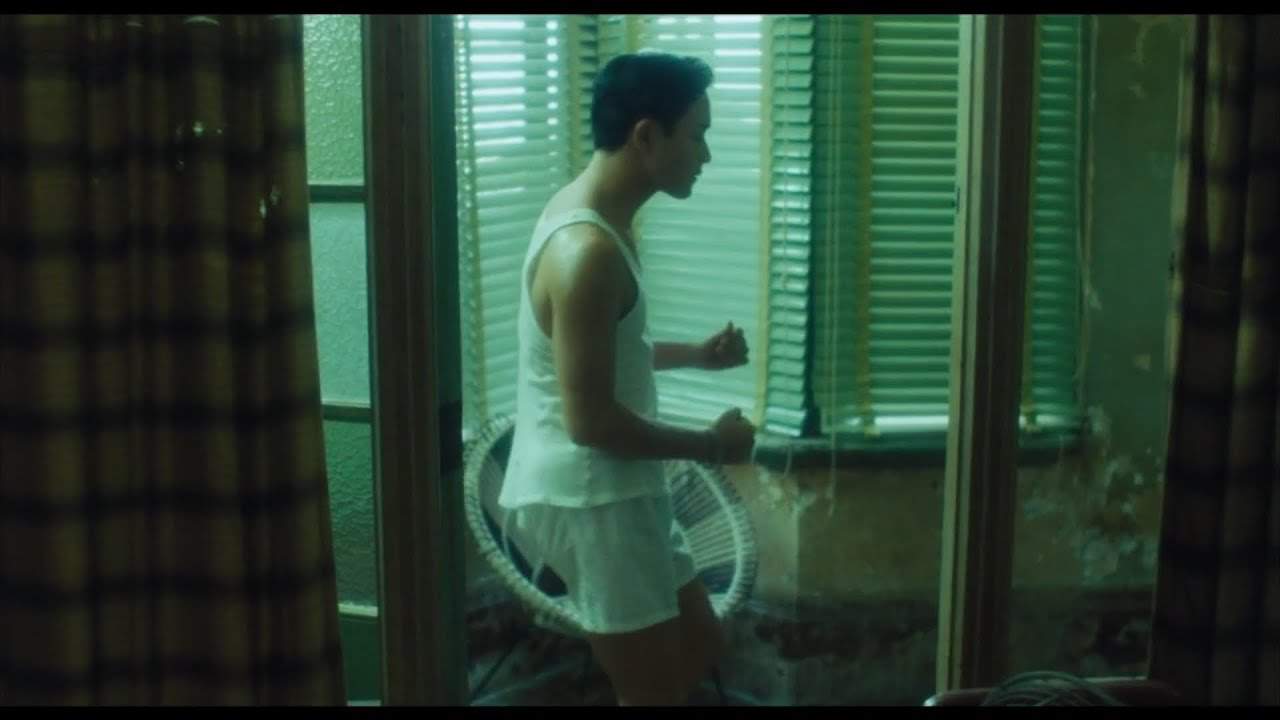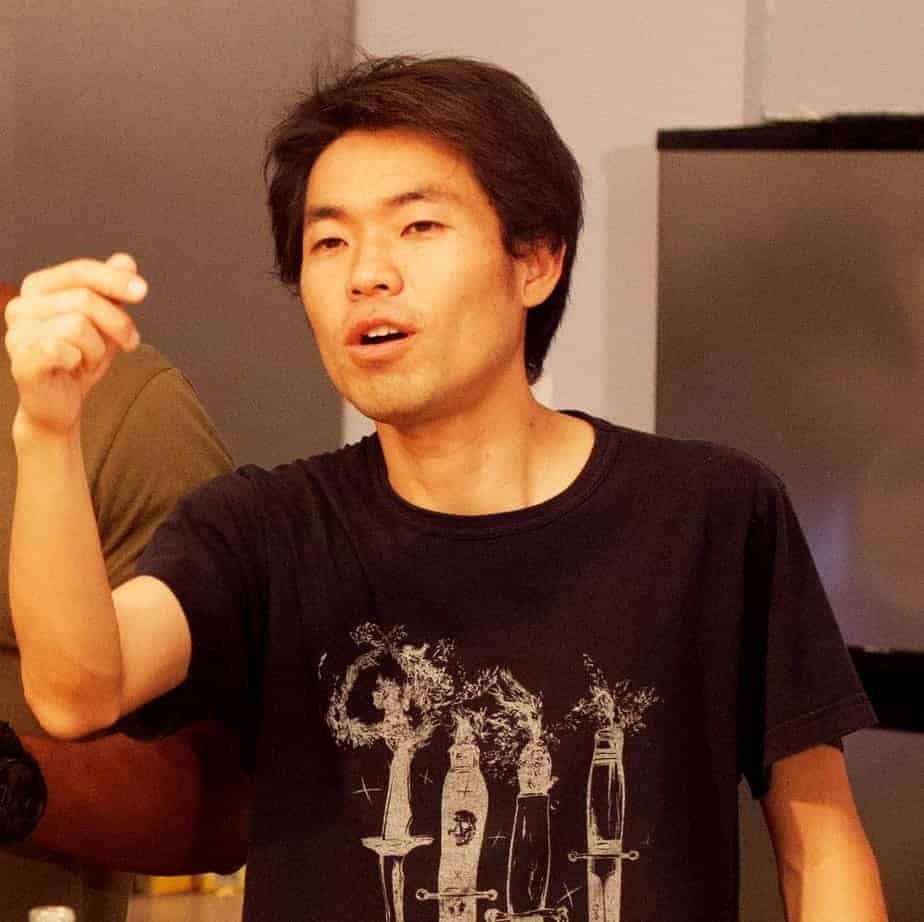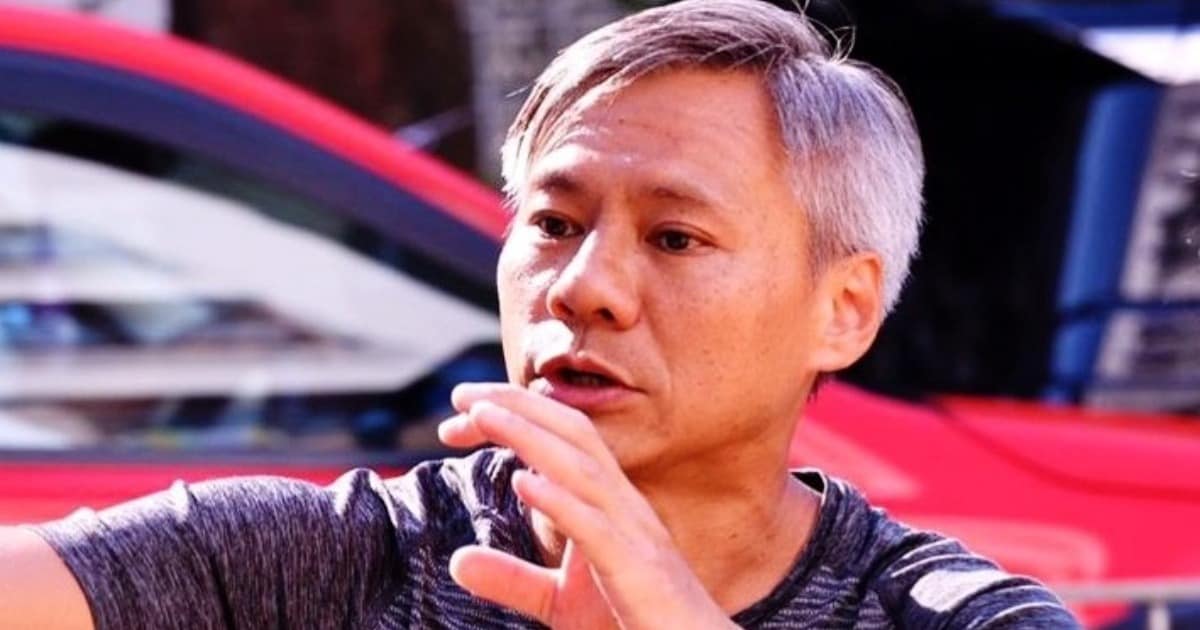The interview was initially conducted on November 2017
Alex Oost is the festival director and one of the founders of the annually held Camera Japan Festival. He holds degrees in accounting and Japanese studies, and tries to combine both in his daytime job. In his free time, he tries to balance watching films and going to concerts with running a festival, which he managed to do so for 12 years.
We speak with him about the purpose and the history of the festival, its processes, Japanese cinema, and other topics.
Why did you decide to start a festival about Japanese cinema, and not any other region? What is the purpose of the festival?
There were not many Japanese films being screened in cinemas in the Netherlands when we started the festival, and since I and my fellow initiators are big fans of Japanese cinema, we decided to do something about it ourselves. The main purpose of the festival is to showcase a diverse selection of Japanese films in the Netherlands.
Why did you choose Rotterdam and Amsterdam as the bases of the festival? Why two different locations? What are the benefits and what the issues with the particular choices? How hard is it to transfer the festival from one city to another, and what are the differences between the two (audience, venues, etc).?
We chose Rotterdam because that is where I am based and where the biggest part of our network is, and from the very first edition, we screened a number of films in Amsterdam as well.
Not many people are willing to travel to watch films, so we chose to show films in the two biggest cities in the Netherlands. If we could do something similar in other cities we would, but since every one of us has other jobs and responsibilities, I don't see this happening any time soon.
The benefit of two events in two cities is that we can attract more visitors, the downside of it is that is a lot of extra work.
Our main event is in Rotterdam in a very nice, newly built, spacious arthouse cinema, this is where we also have other events besides film screenings such as live concerts, dance performances, exhibitions, workshops and a kids day. The event in Amsterdam is about one fifth the size of the Rotterdam event, so it is much smaller and we basically only screen films there in a venue run by students. Since the venue is close to the University of Amsterdam, we have more students attending compared to Rotterdam. Because the event in Amsterdam is smaller, there is a lot less things to take care of (or we can re-use some things from our main event). So, in Amsterdam is where many of our team members find the time to watch some films themselves, for which there is hardly any time for in Rotterdam.
Can you analyze the procedure of the film selection for the program?
The programme as a whole should give a good insight on what is going on in Japanese cinema nowadays, and a number of these have to be connected with our theme of the year. We work with a team of programmers who watch films at other festivals or via screeners. And we work with a shortlist of films we think might be interesting to screen at our festival, and try to get a hold of those.
After films are watched by at least 2 persons, we discuss and make a decision on whether or not to screen the film.
The festival also entails events that have to do with music and art in general, the culinary, and also a number of workshops. Why did you decide to include these in the festival and how do you select which ones to endorse? In general, can you elaborate on the extra activities of the festival?
We feel that by including music, dance, art, food, and lectures and workshops, we give our visitors more insights in various aspects of Japanese culture. Plus, it strongly enhances the festival atmosphere and we may be able to attract different audiences. For example, for the Kids' Day, music or dance performances, or particular workshops.
Can you tell us a bit about the financial status of Camera Japan? Is the festival successful in that aspect?
The festival is, for a big part, dependent on grants provided by national or local organisations, and without them it would not be able to exist. In that sense, it is not commercially successful. With the limited means we have at our disposal, we have been able to hold the festival for 12 years without going bankrupt, so that might be considered financially successful. The limited financial means we have make it impossible to have anyone on the payroll.
Camera Japan has been on for 12 years. Are there any episodes in the history of the festival you single out? Good and bad.
A major event was the first edition, when we made it really happen. None of us had any experience in organising something like this, so that was a major thing. Another edition which was a bit risky was the 2010 edition when we moved to a new location, which was still under construction when the festival was held. I know that the people of the venue were quite worried and feared the worst, and some things didn't go as planned, but all things considered, I was very pleasantly surprised at how smoothly everything went.
Not one single bad episode, but one general one is that we have to start almost from scratch every year when it comes to finances. We do not get any structural funding and sometimes we have the go- no go moment only a few months before the festival is scheduled to take place.
In your opinion, how did the festival manage to keep on for 12 years and what is the recipe for its success?
That is easy, we have a great team! Members might change over the years, but we always had good and dedicated team members who are willing to sacrifice their precious spare time to make the festival happen. And I think the team has gotten stronger (and bigger) the past few years.
And we have some financial backers who like the festival a lot such as the City of Rotterdam and the Dutch Film Fund.
What is your opinion of Japanese cinema at the moment (anime and live-action), and its penetration in Europe? Are there any individual filmmakers or that stand out?
For anime, it is great to see that some wonderful films have been made the past few years, after MIyazaki/Takahata announced their retirement, to confirm that Japanese animation is more than the studio Ghibli films.
As for live-action, I love it that every year we see some very strong films made by young directors. I would like to say that some veteran filmmakers continue on making great films, but I find myself often saying that I prefer a certain directors older work over their recent productions. So I guess that means that currently no individual filmmakers stand out for me.
How do you imagine the future of the festival, and what are your plans for the next editions?
We pretty much work year by year and we cannot plan much further ahead, mostly because we do not know what our budget is going to be. Not because of a lack of ideas, we have plenty of those!
I would like to include some more and bigger music, dance and theater performances at the festival, but since all of these require quite a lot of funding, I do not foresee that happening any time soon. So until then, we will focus on what we do best, screening a wide and diverse selection of Japanese films.



















